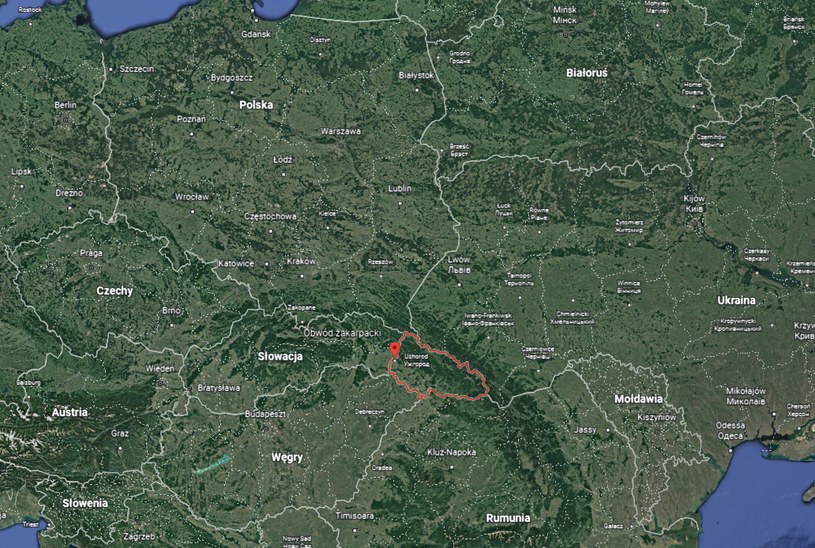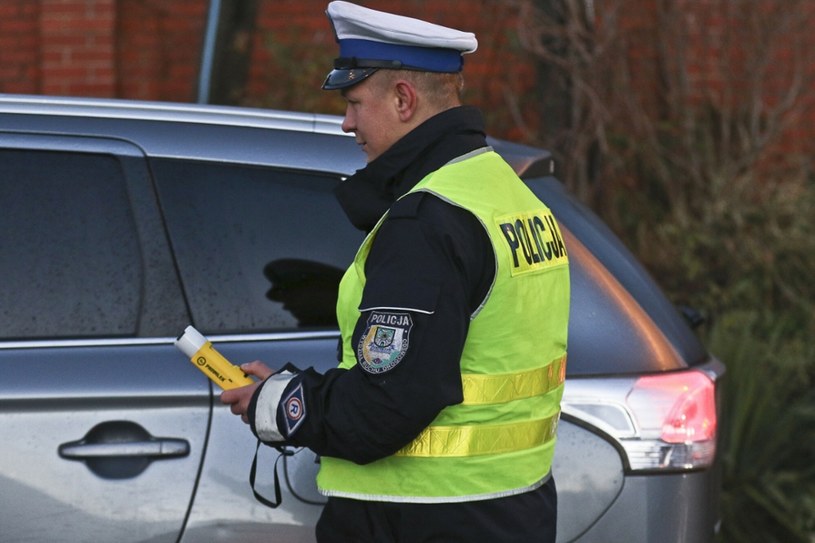Citizens of Venezuela, Palestine, and Ethiopia are the most convinced that vaccination of children is important, whereas the French and Swiss prove most doubtful about the safety of the vaccines, 2018 British study has revealed.
Nine in ten people in the world (92 per cent) believe children should receive jabs against the most common infectious diseases, including polio, tenatus, or pertussis, a study has found, published in 2019 Wellcome Global Monitor by London-based research charity The Wellcome Trust.
The survey, conducted in 2018 as part of the Gallup World Poll, has been the world’s largest study of people’s attitudes towards vaccination ever, Our World in Data service points out.
Over 140,000 people from over 140 countries answered three questions concerning their mind on children vaccination: whether they think that vaccines are important for children to have; whether they think vaccines are safe; and whether they believe vaccines are effective.
The study has been conducted almost two years before the COVID-19 pandemic broke out, during which vaccines was a widely discussed and controversial topic, too; yet, since the survey referred to the basic vaccination programme, which does not include jabs against the COVID-19 disease, the influence of the pandemic on the level of trust in vaccination is limited and may be omitted as a factor.

South Asians most trustful in vaccines
The study revealed a visible division into the North and South in the approach to vaccination, which the Southern hemisphere more trustful than the Northern. The support for vaccination od children proces the highest in South Asia (98 per cent) and South America (97 per cent).
The level of trust is also high in Northern Africa (94 per cent), as well as on the Southern part od the continent (92 per cent). In North America, 87 per cent of people trust children vaccinations. In Western Europe it is only 83 per cent and in Eastern Europe – 80 per cent.
The most convinced about the need to vaccinate children are the people from Venezuela, Palestine, Ethiopia and Northern Cyprus. In all the aformentioned areas the level of support for children vaccination was 100 per cent. Among the most sceptical are the citizens of Belarus, with only 61 per cent believing in the rightfulness of the imperative to vaccinate children, Japan (66 per cent) and Latvia (73 per cent).
In Europe, the most followers of children vaccination are among the citizens of Iceland (98 per cent), Albania (97 per cent), Kosovo, Portugal, and Norway (all: 96 per cent).

French people most sceptical about the safety of vaccines
In general, most of the world’s population believes that vaccines are safe. Only 7 per cent of the people “strongly disagree” or “somewhat disagree”. The lowest percentage of the vaccine sceptics are among the citizens of Bangladesh, where only 1 per cent believes vaccines are unsafe. In neighbouring India, 2 per cent believes so.
At the opposite extreme is France. 1 in 3 French citizens refuse to believe in vaccine safeness. The percentage of sceptics is also high in neighbouring Switzerland and Belgium (22 and 21 per cent, respectively). Other countries with high mistrust of vaccine safety were Gabon (26 pet cent); Togo (25 per cent); Russia (24 per cent); Austria (21 per cent), and Iceland (21 per cent).
The most trustful are Hungarians (with only 3 per cent doubting about the vaccines’ safeness), Greeks (4 per cent), followed by the citizens of Poland, Portugal and Kosovo (all: 5 per cent).

Ukrainians and Belarussians most undecided
The highest percentage of those incapable of answering whether they consider vaccines effective of not was noted among the citizens of Ukraine and Belarus (35 per cent in both countries). The undecided constitute a large share of the overall population also in Montenegro and Japan (both: 32 per cent), as well as in Bulgaria (30 per cent).
The Wellcome Trust points out that it is not possible to say will full confidence what are the reasons for the respondents’ hesitancy. Some might have no opinion, others may believe vaccines prove effective in some situation, but fail in other cases. Consequently, without further questions it is impossible to explain why so many people in some countries declare that they neither trust nor distrust vaccines.

 2 lat temu
58
2 lat temu
58 








![Nowy obowiązkowy przedmiot szkolny pomimo protestów. „Nowacka została ministrem właśnie po to” [VIDEO]](https://nczas.info/wp-content/uploads/2024/11/barbara-nowacka.jpg)
















 Bengali (Bangladesh) ·
Bengali (Bangladesh) ·  English (United States) ·
English (United States) ·  Polish (Poland) ·
Polish (Poland) ·